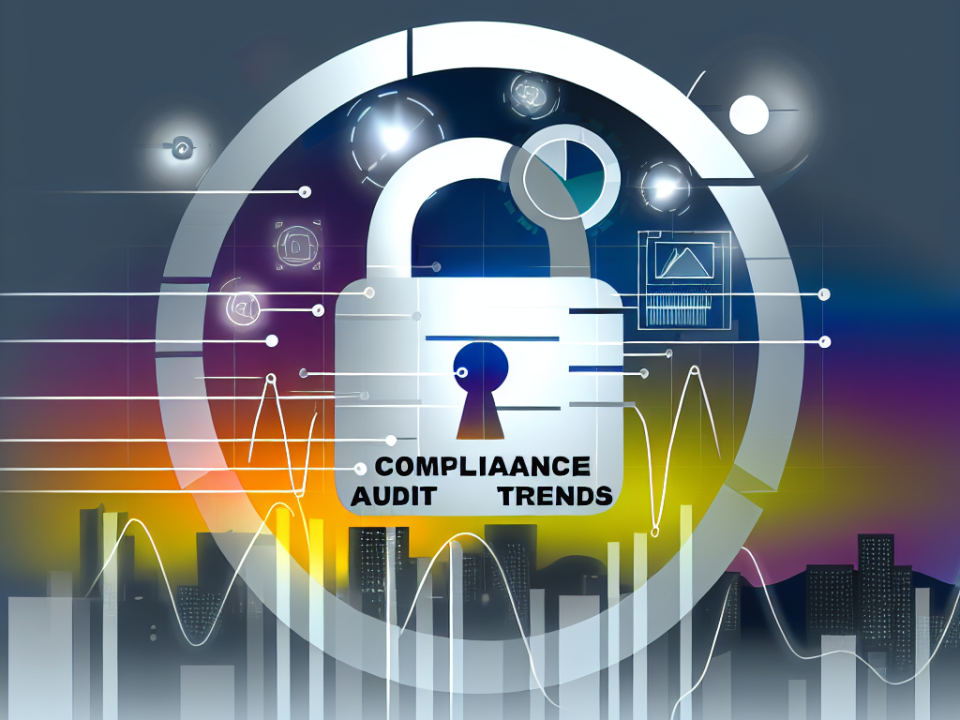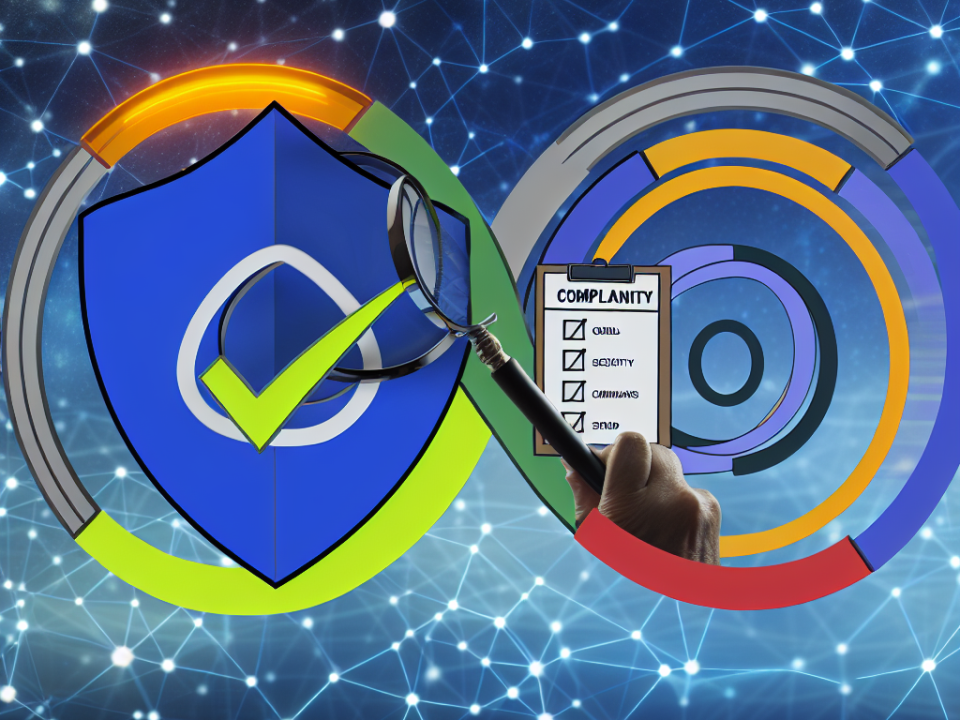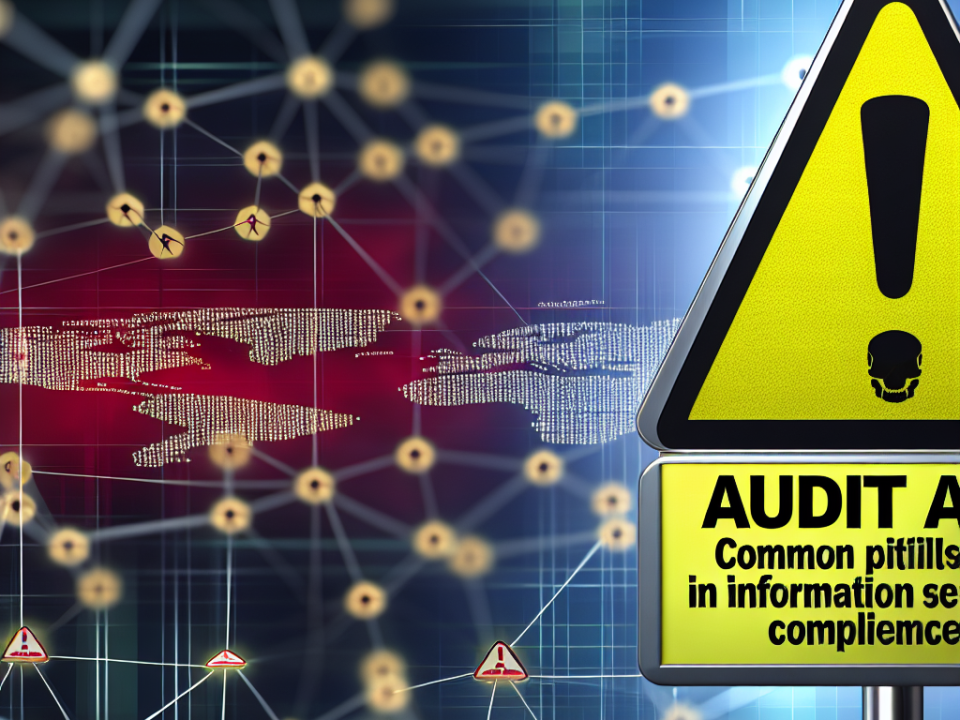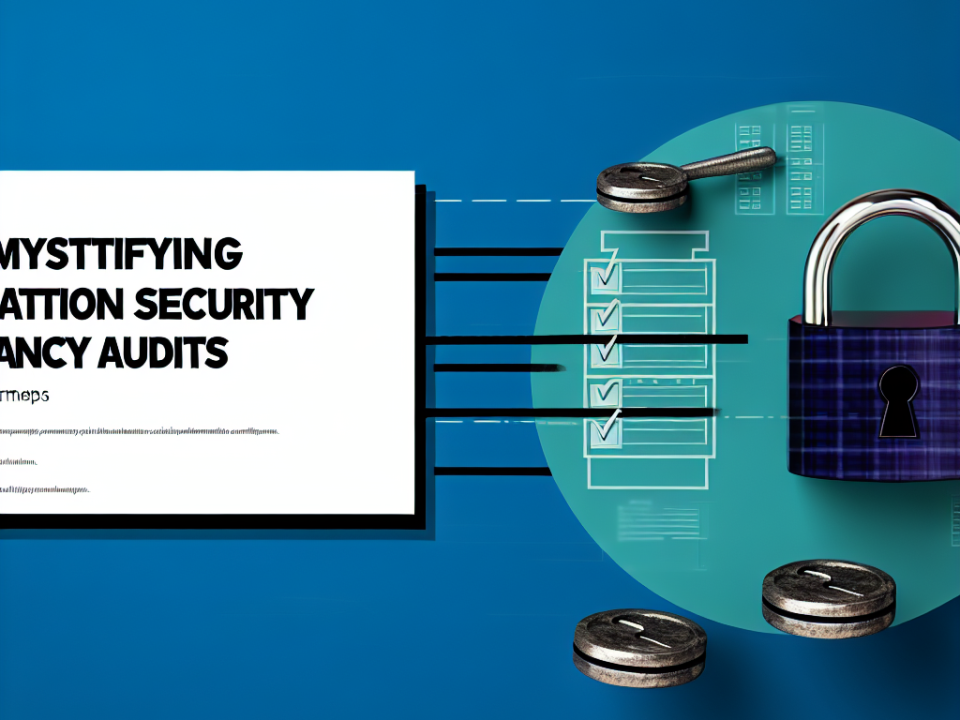
AI-Powered Cybersecurity: Revolutionizing Threat Detection and Response
September 26, 2025
The Future of Cyber Defense: Integrating AI into Security Protocols
September 27, 2025
In today’s fast-paced digital landscape, businesses are continuously evolving to keep pace with technological advancements. However, as organizations embrace new technologies, they also face a growing array of security threats. Cyberattacks have become more sophisticated, targeting sensitive data and operational infrastructure, making security a top priority for companies across all sectors. Future-proofing a business requires a robust approach to security, and this is where security standards play a critical role.
Understanding Security Standards
Security standards are established guidelines that outline best practices for protecting information systems and data. These frameworks can be industry-specific or general and often include protocols for risk management, data protection, incident response, and compliance. Prominent examples include the ISO/IEC 27001 standard for information security management systems, the NIST Cybersecurity Framework, and the General Data Protection Regulation (GDPR) for data privacy.
Implementing these standards helps businesses create a structured approach to cybersecurity, ensuring that they are not reacting to threats impulsively but rather proactively managing risks.
The Importance of Compliance
Obtaining and maintaining compliance with established security standards is crucial for several reasons:
-
Regulatory Requirements: Many industries, such as healthcare and finance, are subject to extensive regulations regarding data protection. Non-compliance can result in hefty fines and legal repercussions. Adhering to security standards not only helps in legal compliance but also enhances a company’s reputation.
-
Risk Mitigation: Compliance with security standards often involves risk assessments to identify vulnerabilities. By systematically addressing potential risks, businesses can prevent costly breaches and safeguard their assets.
-
Building Trust: In the digital age, consumers are increasingly concerned about their data privacy. Adhering to security standards demonstrates a commitment to protecting customer information, fostering trust and loyalty.
- Operational Resilience: A well-defined security framework prepares organizations for potential incidents. With clear protocols in place, businesses can respond quickly and effectively, minimizing disruption and financial losses during a security breach.
Leveraging Technology and Best Practices
To effectively future-proof against emerging threats, businesses should not only comply with security standards but also leverage technology and best practices in their security strategies. Here are several key considerations:
1. Adopting Zero Trust Architecture
The Zero Trust model operates on the principle of “never trust, always verify.” This architecture limits access to data and applications, regardless of whether a user is inside or outside the network. By implementing strict identity verification protocols, organizations can significantly reduce the risk of unauthorized access.
2. Regular Security Audits
Conducting regular security audits and assessments is vital for identifying areas needing improvement. These audits should evaluate compliance with security standards and help organizations stay ahead of vulnerabilities.
3. Employee Training and Awareness
Human error remains one of the most significant vulnerabilities in cybersecurity. Regular training sessions on security best practices can empower employees to recognize and respond to potential threats, creating a culture of security awareness.
4. Utilizing Advanced Technologies
Emerging technologies such as artificial intelligence and machine learning can significantly enhance security measures. These tools can analyze patterns, detect anomalies, and respond to threats in real time, providing an additional layer of protection.
The Path Forward
As we continue to navigate a digital world filled with potential threats, the importance of future-proofing a business through security standards cannot be overstated. Organizations that prioritize compliance with established frameworks and embrace a proactive security posture are better positioned to face the challenges of tomorrow.
The digital age brings excitement and opportunity, but it also requires vigilance and foresight. By investing in security standards and fostering a culture of compliance and awareness, businesses not only protect their assets but also enhance their reputation and build trust with customers.
In conclusion, the effective implementation of security standards is not just a best practice—it is a business necessity in the digital age. Future-proof your business today to secure a stable and thriving tomorrow.







